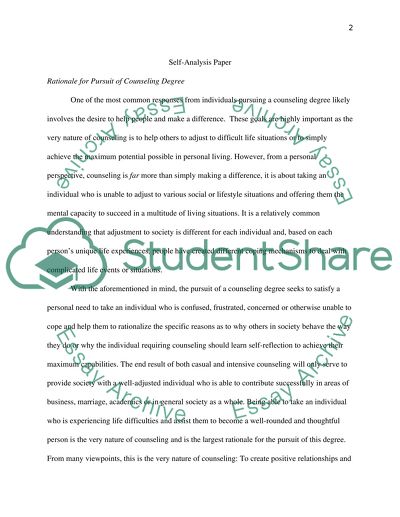Cite this document
(“Self-Analysis Paper Essay Example | Topics and Well Written Essays - 2500 words”, n.d.)
Self-Analysis Paper Essay Example | Topics and Well Written Essays - 2500 words. Retrieved from https://studentshare.org/miscellaneous/1552836-self-analysis-paper
Self-Analysis Paper Essay Example | Topics and Well Written Essays - 2500 words. Retrieved from https://studentshare.org/miscellaneous/1552836-self-analysis-paper
(Self-Analysis Paper Essay Example | Topics and Well Written Essays - 2500 Words)
Self-Analysis Paper Essay Example | Topics and Well Written Essays - 2500 Words. https://studentshare.org/miscellaneous/1552836-self-analysis-paper.
Self-Analysis Paper Essay Example | Topics and Well Written Essays - 2500 Words. https://studentshare.org/miscellaneous/1552836-self-analysis-paper.
“Self-Analysis Paper Essay Example | Topics and Well Written Essays - 2500 Words”, n.d. https://studentshare.org/miscellaneous/1552836-self-analysis-paper.


